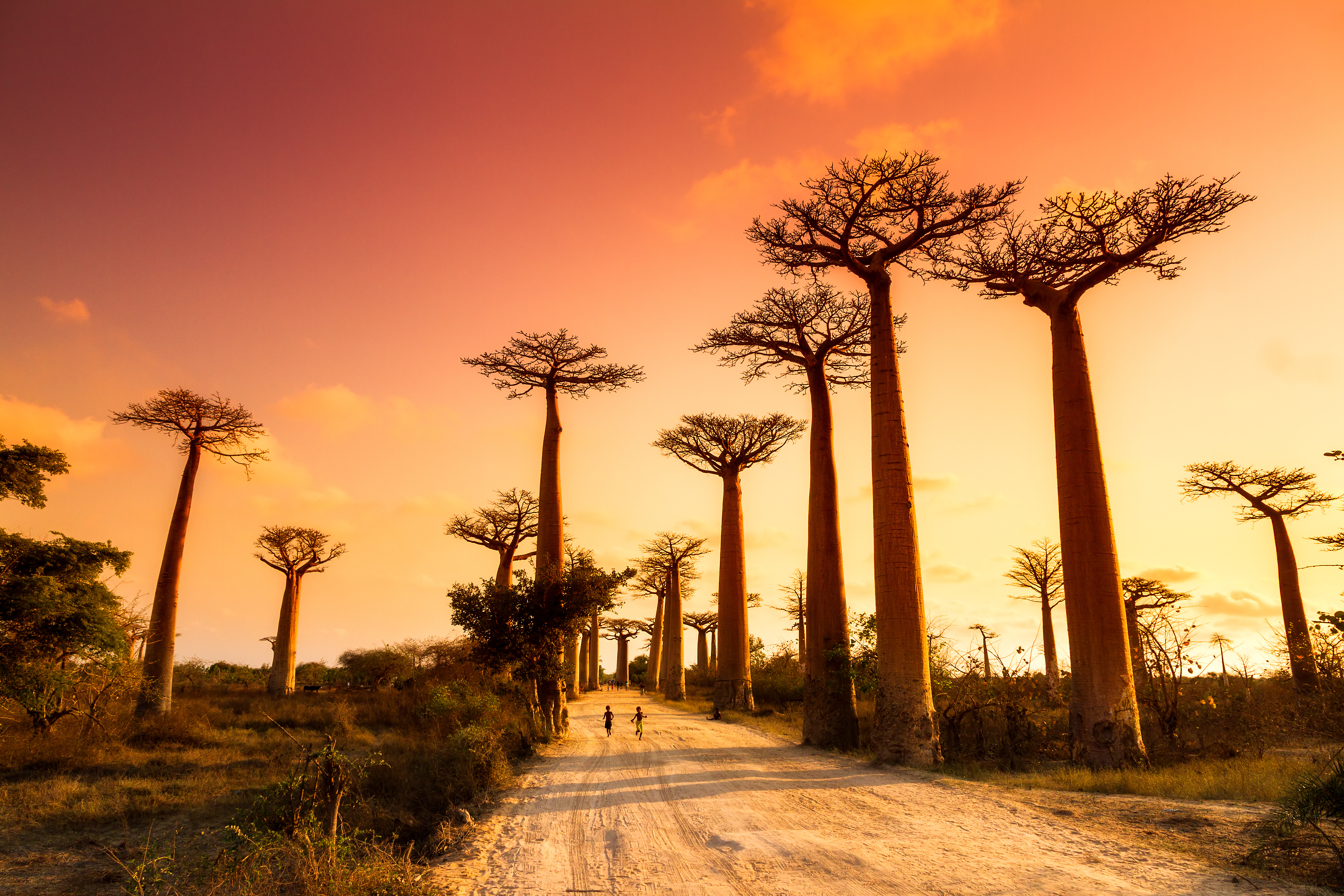
Madagascar harbors five percent of the world's species. Given the island's isolation from mainland Africa, many unique plants and animals have evolved that are found nowhere else on Earth. Yet, the clearance of habitats for subsistence agriculture, firewood and charcoal production, and livestock grazing threaten the island’s biodiversity. The country, especially in the south and around the northern Lake area, suffers from extreme climate conditions and consistent drought, leading to water insecurity and the overall vulnerability of the population.
In Madagascar, a PROGREEN knowledge program is identifying opportunities to reduce biodiversity threats and manage the demand for water in agricultural landscapes through an integrated landscape approach. The country knowledge program will develop a Country Environmental Analysis (CEA), an Ecosystem Index Tool, and Species Threat Abatement and Restoration (STAR) assessments for the three target landscapes, including the South (Anosy, Androy, Atsimo Atisnanana), Lake Alaotra, and Bealanana.
Over the past year, the program made significant progress in assessing the demand for water resources in productive landscapes. The analysis contributed to a critical pre-assessment for a proposed gravity-fed irrigation and drainage system and water supply services in the Androy and Anosy regions. The knowledge program also supported the application of the Ecosystem Index Tool, which was used to measure ecosystem resilience across the targeted agriculture landscape following recommendations from the Country Environmental Analysis (CEA). To strengthen Madagascar’s capacity for integrating biodiversity and water considerations into sustainable landscape management, the team continued to share knowledge products and host various workshops and trainings. Events included a session on using the Madagascar Ecosystem Index Dashboard and country office knowledge and experience sharing on Forests for Development, Climate, and Biodiversity. The information gleaned from studies financed by PROGREEN has directly informed landscape management plans in the Alaotra-Mangoro landscape, as well as the Ankarafantsika, Ranomafana, and Andapa National Parks.